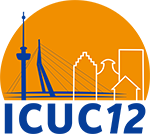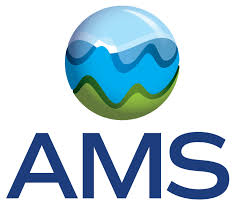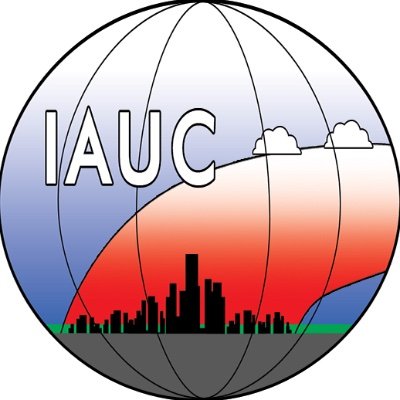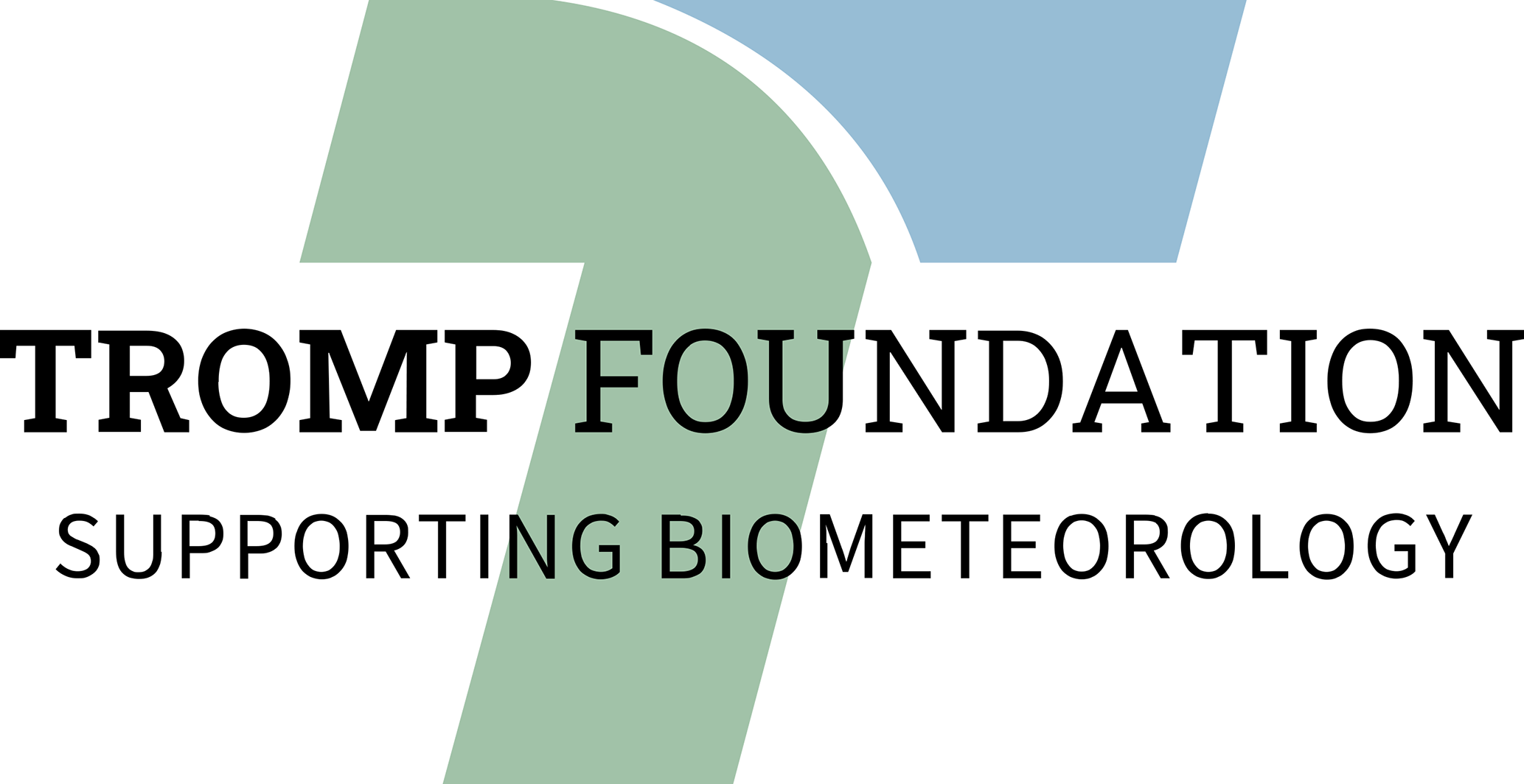Advancing Urban Climate Understanding through Remote Sensing Techniques
Conveners:
J. A. Voogt,
Wim J. Timmermans
|
Co-conveners:
Zina Mitraka,
Marzie Naserikia,
Wenfeng Zhan,
Anurag Kandya,
Panagiotis Sismanidis,
Nektarios Chrysoulakis,
Laure Roupioz
This session invites contributions that explore innovative applications of remote sensing techniques to advance our understanding of urban climate dynamics.
Topics of interest include:
• Satellite-based remote sensing: Utilization of thermal, hyperspectral, and multispectral imagery to assess urban heat island effects, surface energy balance, and air quality and other urban dynamics.
• UAV-based remote sensing: Leveraging unmanned aerial vehicles (UAVs) for fine-scale mapping of urban morphology, vegetation cover, and microclimate variations.
• Aircraft-based remote sensing: Employing research aircraft to collect detailed urban climate data, including atmospheric profiles, boundary layer dynamics, and pollutant concentrations, etc.
• Emerging remote sensing technologies: Exploring the potential of hyperspectral imaging, LiDAR, and synthetic aperture radar (SAR) for enhancing urban climate research.
• Laser point cloud analysis: Utilizing point cloud data derived from LiDAR and other sensors to map urban surfaces, characterize building morphology, and assess urban green infrastructure.
We encourage interdisciplinary research that integrates remote sensing with modeling, field observations, and socio-economic data to develop comprehensive insights into urban climate processes and inform sustainable urban planning and adaptation strategies.
Processes and methodologies
11:00–11:15
|
ICUC12-136
|
Onsite presentation
11:15–11:30
|
ICUC12-644
|
Onsite presentation
12:00–12:15
|
ICUC12-473
|
Onsite presentation
12:30–12:45
|
ICUC12-980
|
Onsite presentation
Lunch
Chairpersons: Wim J. Timmermans, Laure Roupioz
Surface characteristics
14:00–14:15
|
ICUC12-436
|
Onsite presentation
14:15–14:30
|
ICUC12-81
|
Onsite presentation
14:30–14:45
|
ICUC12-315
|
Onsite presentation
14:45–15:00
|
ICUC12-455
|
Onsite presentation
15:00–15:15
|
ICUC12-753
|
Onsite presentation
15:15–15:30
|
ICUC12-756
|
Onsite presentation
Coffee break
Chairpersons: J. A. Voogt, Marzie Naserikia
LST heat and health
16:00–16:15
|
ICUC12-680
|
Onsite presentation
16:15–16:30
|
ICUC12-177
|
Onsite presentation
16:30–16:45
|
ICUC12-882
|
Onsite presentation
17:00–17:15
|
ICUC12-727
|
Onsite presentation
SUHI
09:00–09:15
|
ICUC12-593
|
Onsite presentation
09:15–09:30
|
ICUC12-242
|
Onsite presentation
09:30–09:45
|
ICUC12-624
|
Onsite presentation
09:45–10:00
|
ICUC12-730
|
Onsite presentation
10:00–10:15
|
ICUC12-789
|
Onsite presentation
10:15–10:30
|
ICUC12-830
|
Onsite presentation
Coffee break
Chairpersons: J. A. Voogt, Anurag Kandya
Multi-scale
11:00–11:15
|
ICUC12-924
|
Onsite presentation
11:15–11:30
|
ICUC12-385
|
Onsite presentation
Urbanization amplifies continental- to regional-scale warming
(withdrawn)
11:30–11:45
|
ICUC12-389
|
Onsite presentation
11:45–12:00
|
ICUC12-401
|
Onsite presentation
12:00–12:15
|
ICUC12-450
|
Onsite presentation
12:15–12:30
|
ICUC12-476
|
Onsite presentation
12:30–12:45
|
ICUC12-602
|
Onsite presentation
12:45–13:00
|
ICUC12-929
|
Onsite presentation
E3
|
ICUC12-478
Remote Sensing Applications for Surface Urban Heat Island and thermal anomaly investigation in Italian regional capitals
(withdrawn)
E9
|
ICUC12-906
Drought conditions of emergency in Catalonia: Monitoring Irrigated non-irrigated Areas through Earth Observation Data as a decisión support tool
(withdrawn)




